 Dr. Ratna Dua Puri
Dr. Ratna Dua Puri
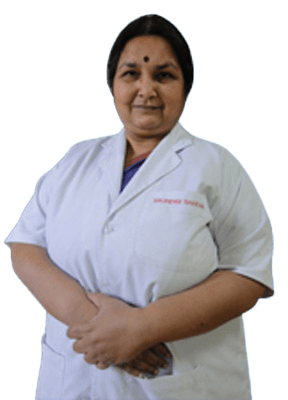 Dr. Renu Saxena
Dr. Renu Saxena
 Dr. Meena Lall
Dr. Meena Lall
 Dr. Monika Jain
Dr. Monika Jain
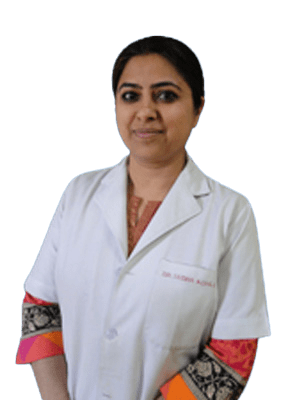 Dr. Sudha Kohli
Dr. Sudha Kohli
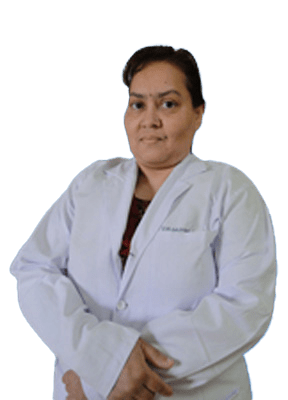 Dr. Jyotsna Verma
Dr. Jyotsna Verma
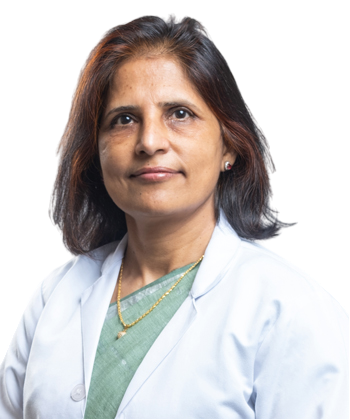 Dr. Sunita Bijarnia Mahay
Dr. Sunita Bijarnia Mahay
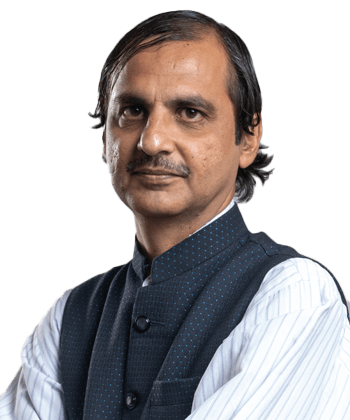 Dr. Sameer Bhatia
Dr. Sameer Bhatia
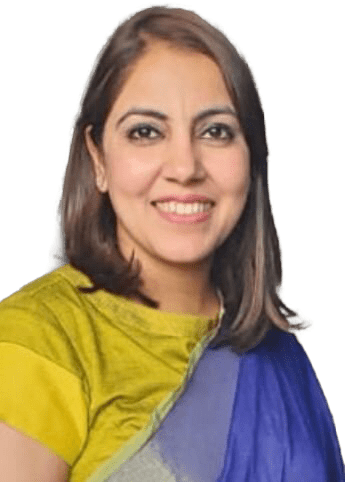 Dr. Swasti
Dr. Swasti
 Dr. Sudhisha Dubey
Dr. Sudhisha Dubey
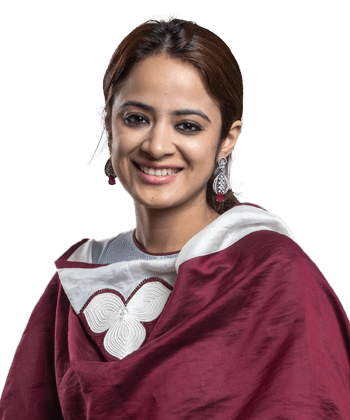 Dr. Veronica Arora
Dr. Veronica Arora
The Institute of Medical Genetics and Genomics was created in 1997. It has grown over the years into a leading genetic centre in India. More than 7000 patients are counselled every year and about 20,000 tests are performed every year. The patients and samples are referred from all over India as well as our neighbouring countries.
The institute has fi ve sections (clinical, molecular, cytogenetic, biochemical and HLA and immunogenetics). The faculty consists of a good mix of clinical geneticists and PhD scientists, along with paramedical staff. The institute offers the comprehensive services for diagnosis, counselling, prenatal diagnosis and management of patients with genetic disorders.
The institute has been awarded the FICCI award for 2017 for preventive care in India. The institute is a member of the Undiagnosed Diseases Network International and has initiated the Indian – Undiagnosed Diseases Programme.
The Clinical Genetics Department has the diagnostic expertise for all genetic disorders and recently there has been an expansion of its services into genomics. The spectrum of patients seen at our centre are as follows:
Paediatrics:
Foetal medicine:
Prenatal diagnosis and counselling is provided for:
Genetics in other related specialties:
At our institute there is a 3-year DrNB-super-specialty course in medical genetics started in 2014. Genetic fellows are involved in clinical genetic evaluation as well as with laboratory work.
They are provided training in clinical and metabolic genetics including evaluation of a suspected genetic disorder patient or family. Genetic counselling and treatment of genetic disorders remains the main focus of their training. They are also trained in laboratory work – to understand and also perform many molecular, cytogenetic and biochemical tests. Prenatal diagnosis and foetal medicine forms a major bulk of clinical genetics work, and fellows are comprehensively trained in the two fi elds in their DrNB training. Since the inception of the programme in 2014, three DrNB fellows have received a gold medal for their exemplary performance in the subject.
Despite being a busy clinical and laboratory service for genetic tests, research fi nds an important place in the departmental activities. Many projects completed in the past have added new information on genetic disorders in India. The institute has a large number of publications (over 200) to its credit. Six research projects are ongoing while 13 research projects have been completed.
The four laboratories (cytogenetics, molecular, biochemical and HLA genetics) function independently and are headed by expert PhD doctors. About 20,000 tests are carried out each year. Our molecular genetics laboratory has expanded its repertoire of tests to include next-generation sequencing including examination of fastq fi le for genomic data analysis. We have to our credit the identifi cation of many novel genes.
The molecular genetics lab performs ~630 types of tests (about 4500 tests per year). The tests range from PCR to advanced tests based on NGS. The cytogenetic section performs 40 types of tests (approximately 5000 tests per year), including chromosomal microarray analysis. The biochemical section performs ~125 types of tests (nearly 10,500 tests per year). Tests include enzyme assays on fi lter paper for lysosomal storage disorders, NBS, quantitative amino acids (UPLC), organic acid analysis (GC-MS), etc. The HLA section performs 40 types of tests (about 4100 tests per year). It also performs sophisticated tests such as donor-specifi c for single antigen as well as screening. It also perform test for relationship to check for relationship of subjects coming for transplantations. All the labs are most experienced in prenatal diagnostics in the country – prenatal samples (AF/CVS/Cord blood) are processed in the most precise, clean and timely manner, with results obtained between 2 day to 14 days. Sample types and requirements (other than prenatal samples):
For all tests, an informed consent form is required, along with appropriate clinical history and indication for test
For prenatal samples, laboratory should be informed in advance regarding sample shipment and requirements
At the Institute of Medical Genetics and Genomics, we are a group that is continuously striving for excellence in counselling, management, testing and prenatal diagnosis of genetic disorders. We are committed to compassionate patient care, accurate and timely performance of tests, and generating new knowledge in the fi eld of genetic disorders in India.
Room no: 027, Behind Casualty, Ext: 1993